Men's Mechanism Jersey 2024
White - 14 colours
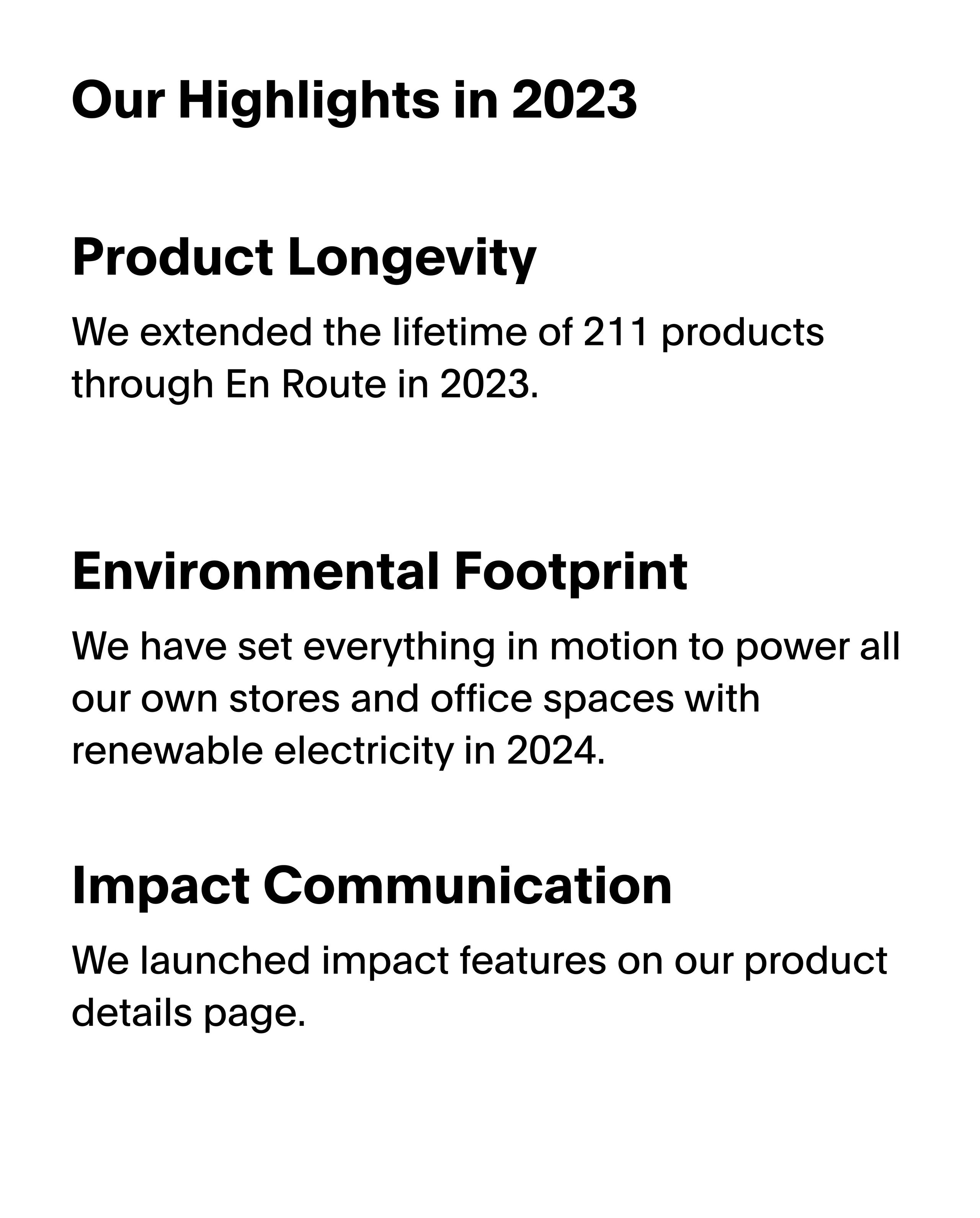


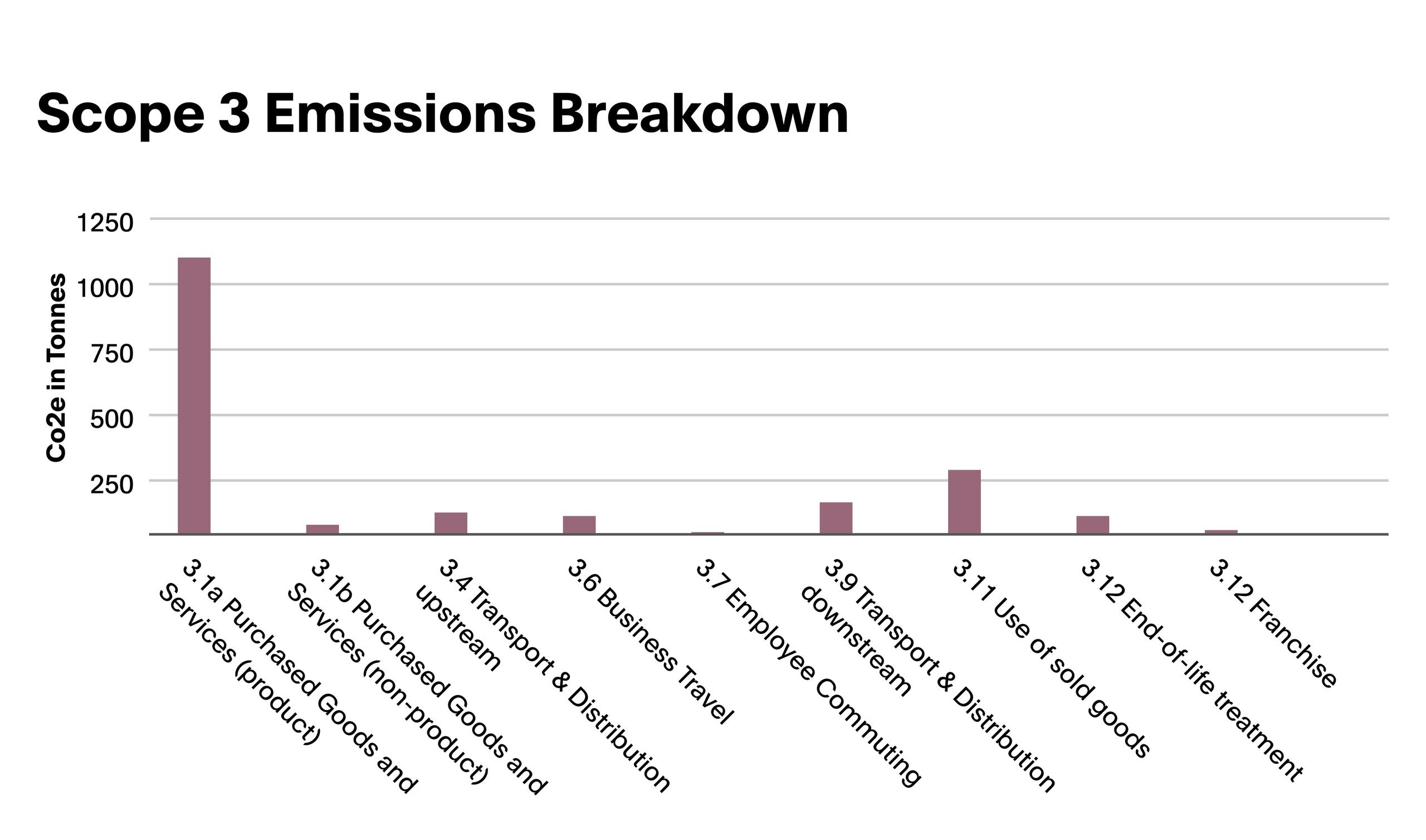
Our Goals for 2025 and 2028
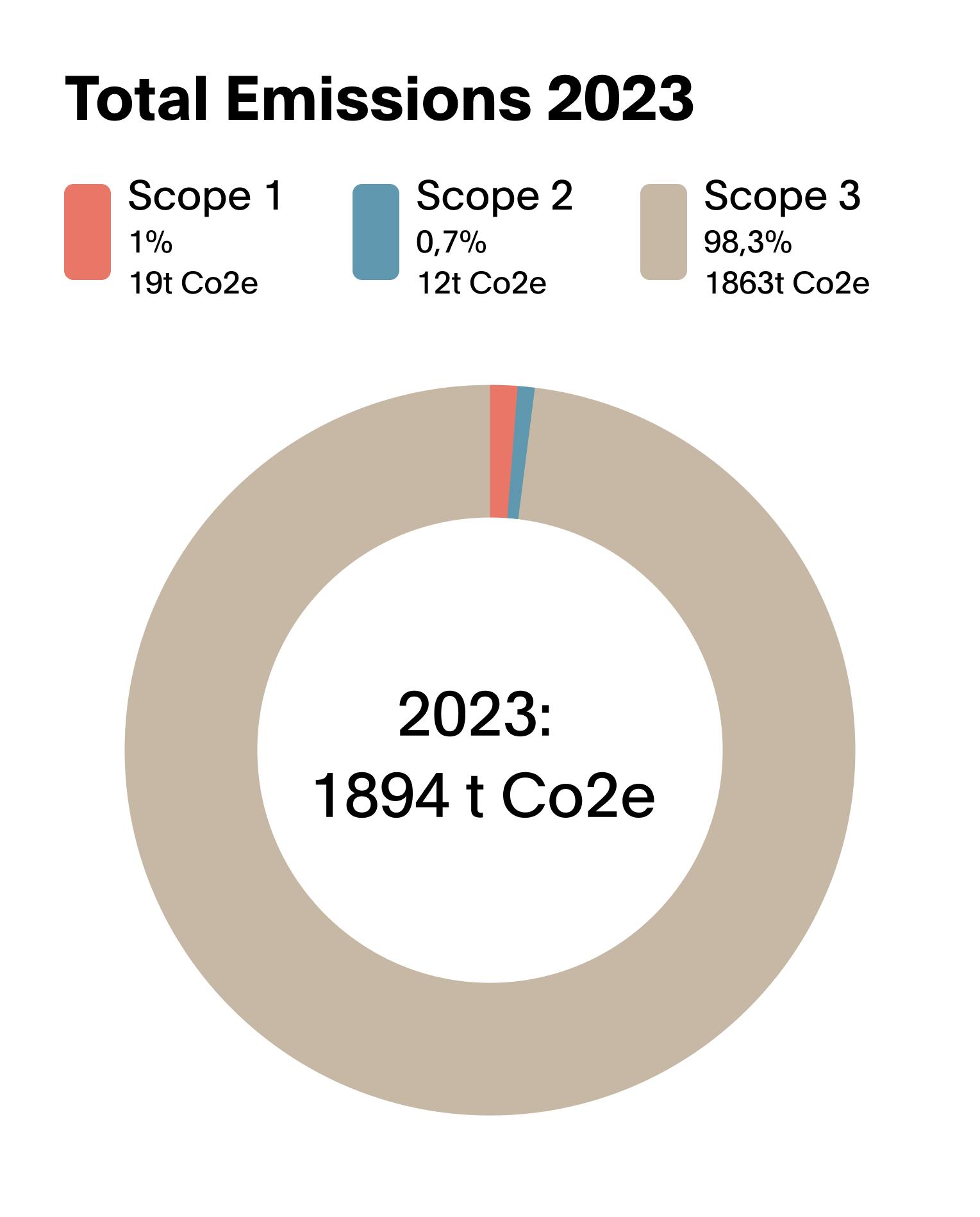
Data Snapshot: Scope 1 & 2 Emissions

Copenhagen Store and Office
Electricity: 100% Renewable Sources
Heating: District Heating
Munich Store
Electricity: Residual Mix
Heating: Gas Heating
Mallorca Store
Electricity: 100% Renewable Sources
Heating: Non
San Francisco Store
Electricity: 100% Renewable Sources
Heating: Gas Heating
Singapore Store
Electricity: Residual Mix
Heating: Non
Seoul Store
Electricity: Residual Mix
Heating: Non
Taipei Store
Electricity: Residual Mix
Heating: Non
Product Emissions Breakdown
*Statista - Carbon footprint of selected modes of transportation in the United Kingdom in 2023

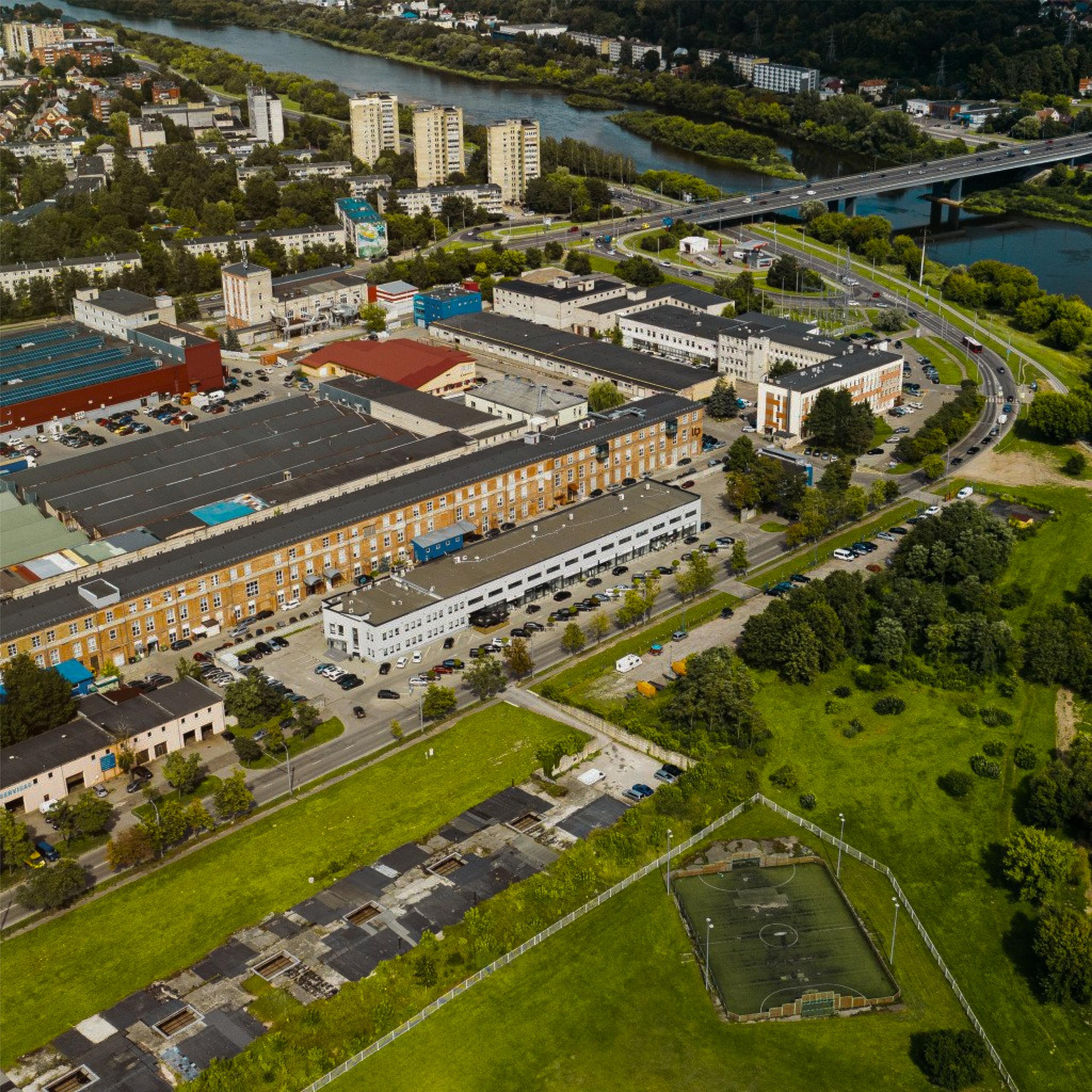

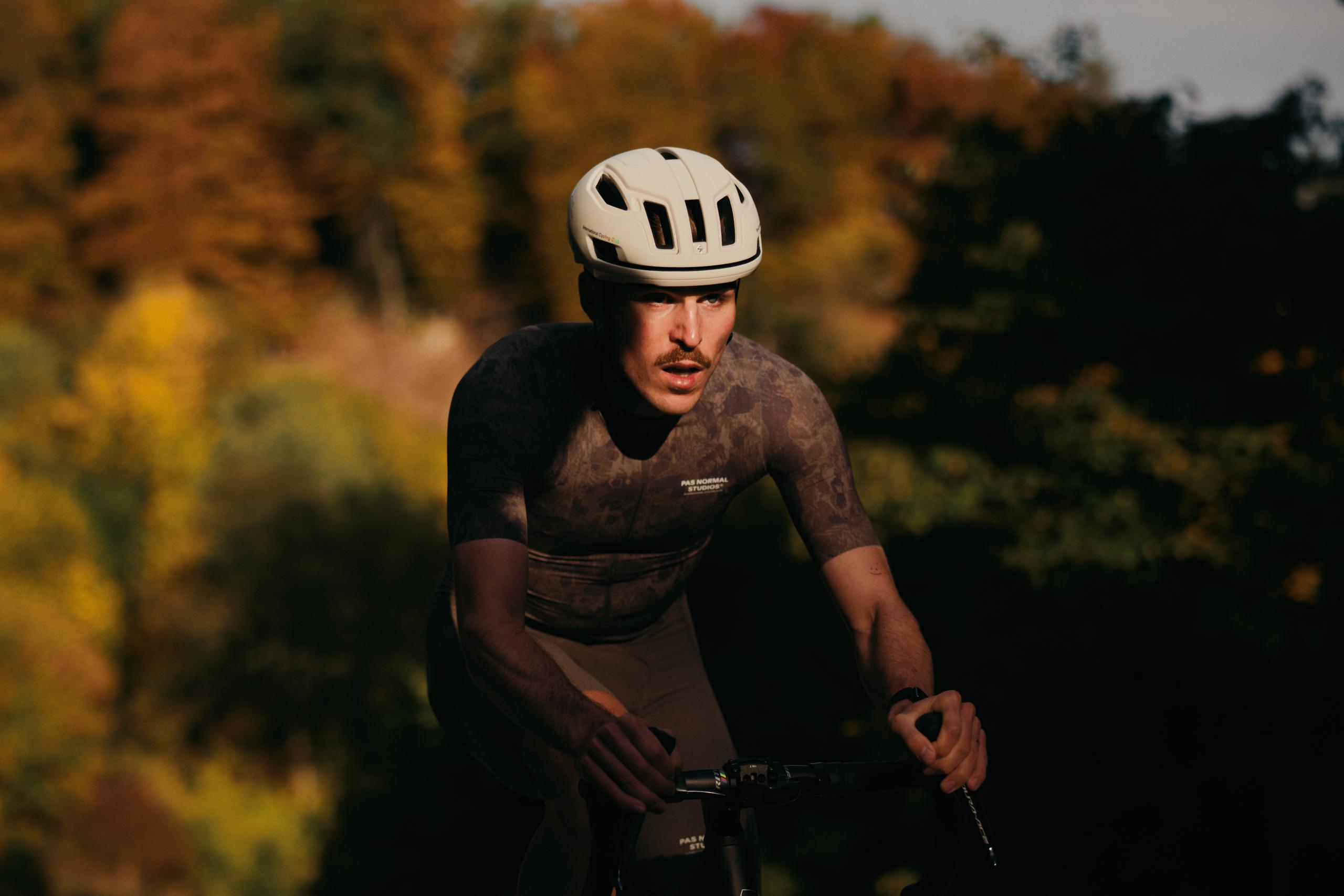
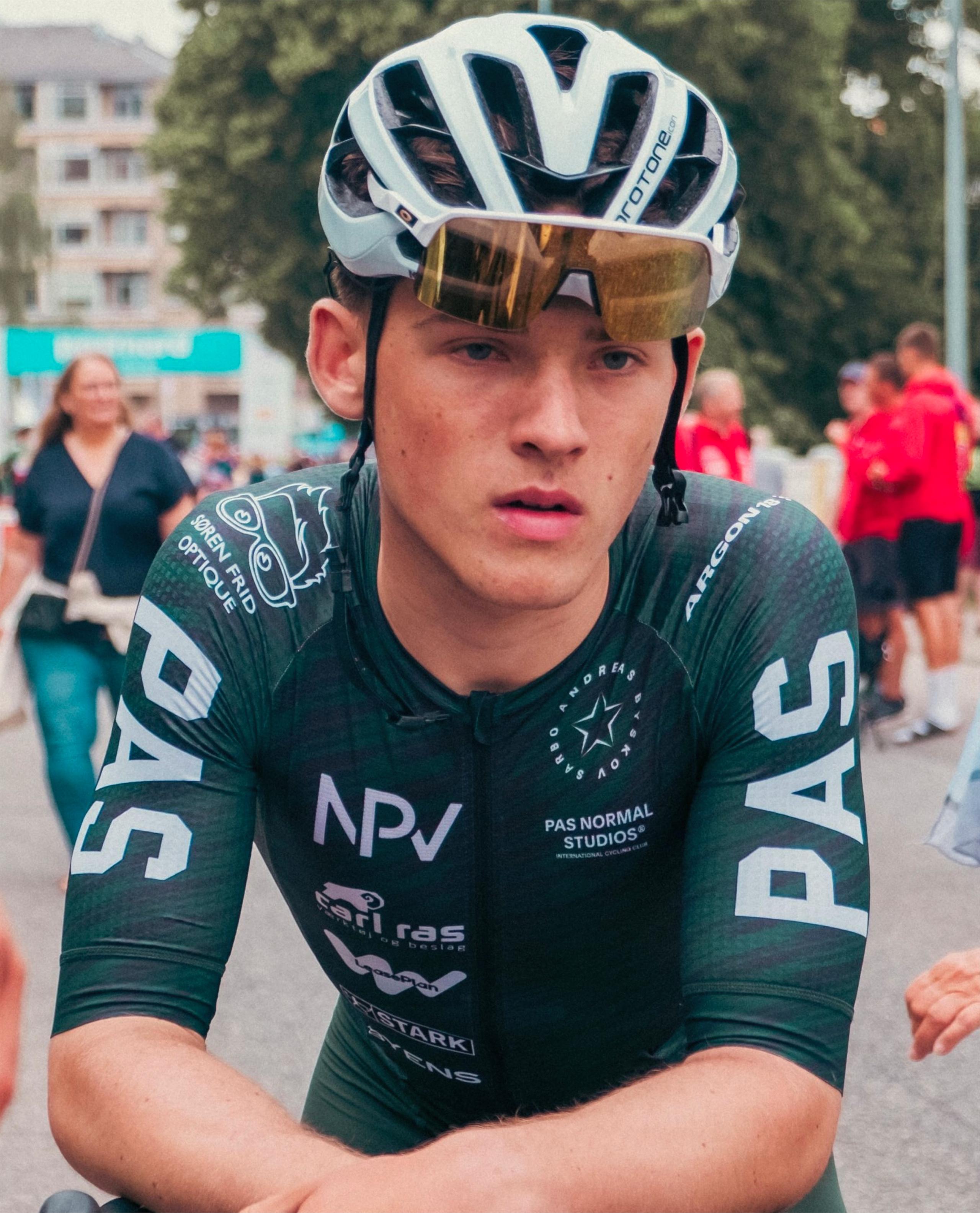
VšĮ Dviratai Cycling Club - Located near one of our manufacturing partners in Lithuania, VšĮ Dviratai is working to create a cycling community for all ages and abilities.
Cyclists fight Cancer is a charity supporting children and young people living with and beyond cancer in the UK, with bikes, tandems and adapted trikes.
Gallery

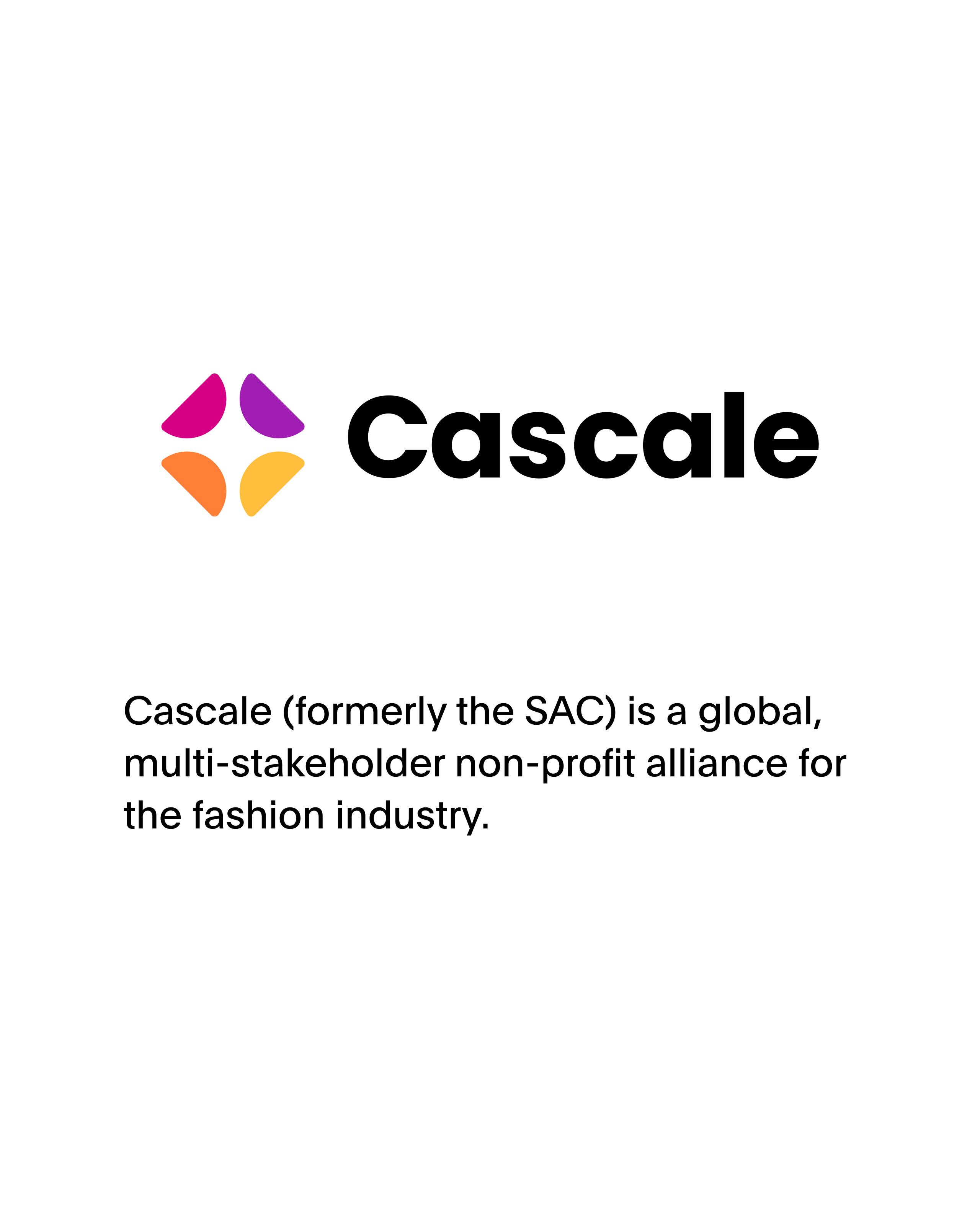

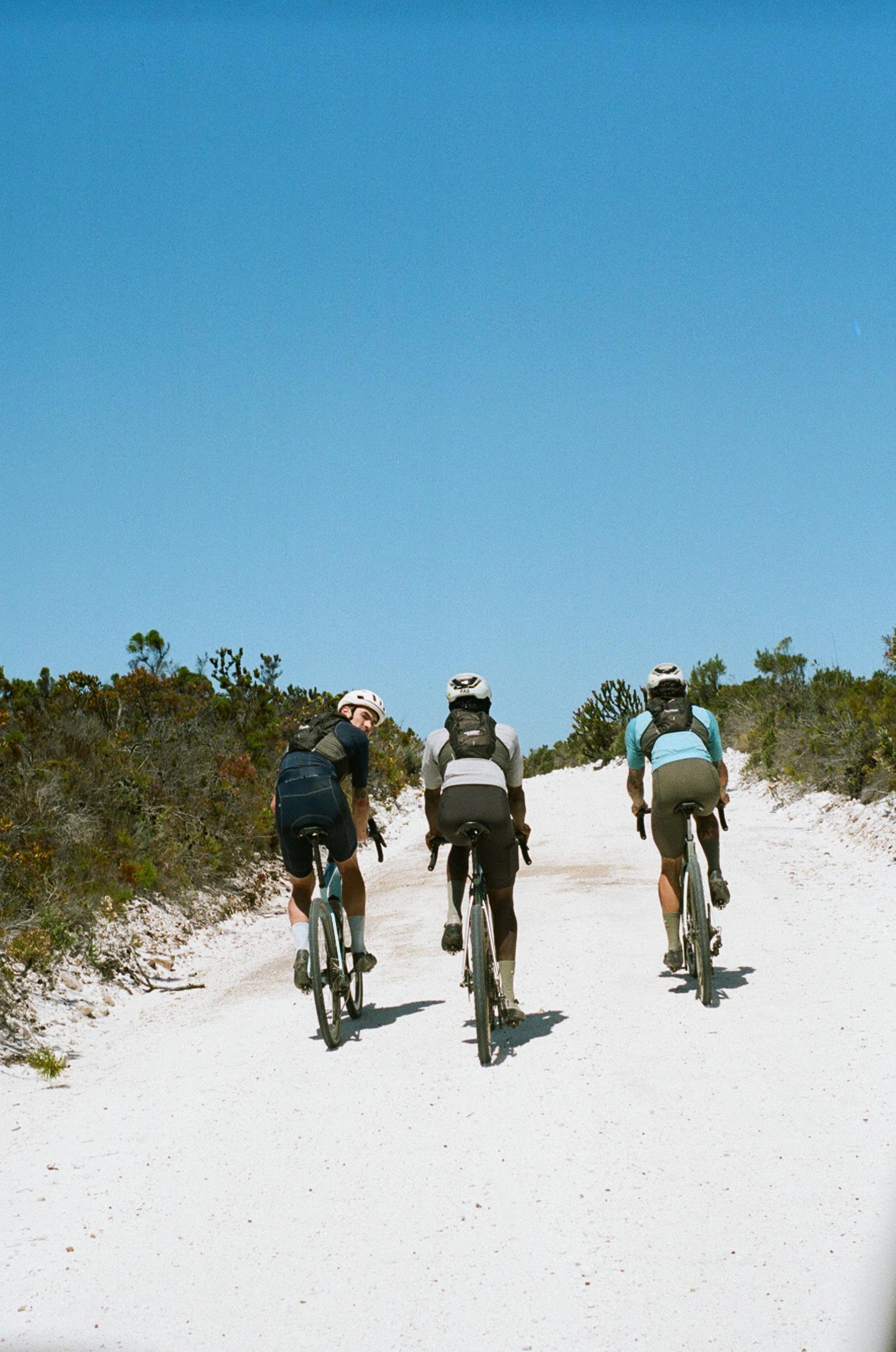
Discover selected Products with Impact Features:
